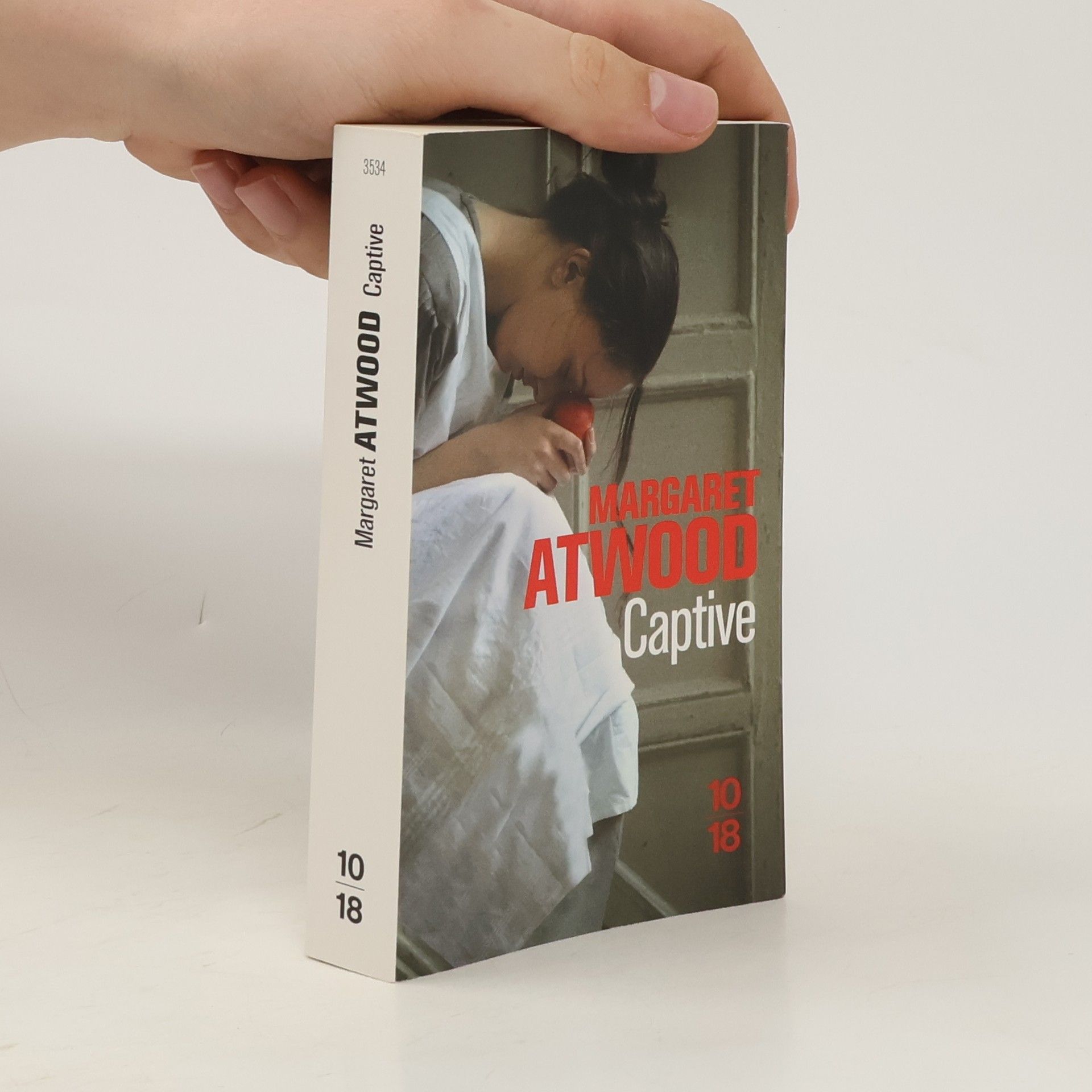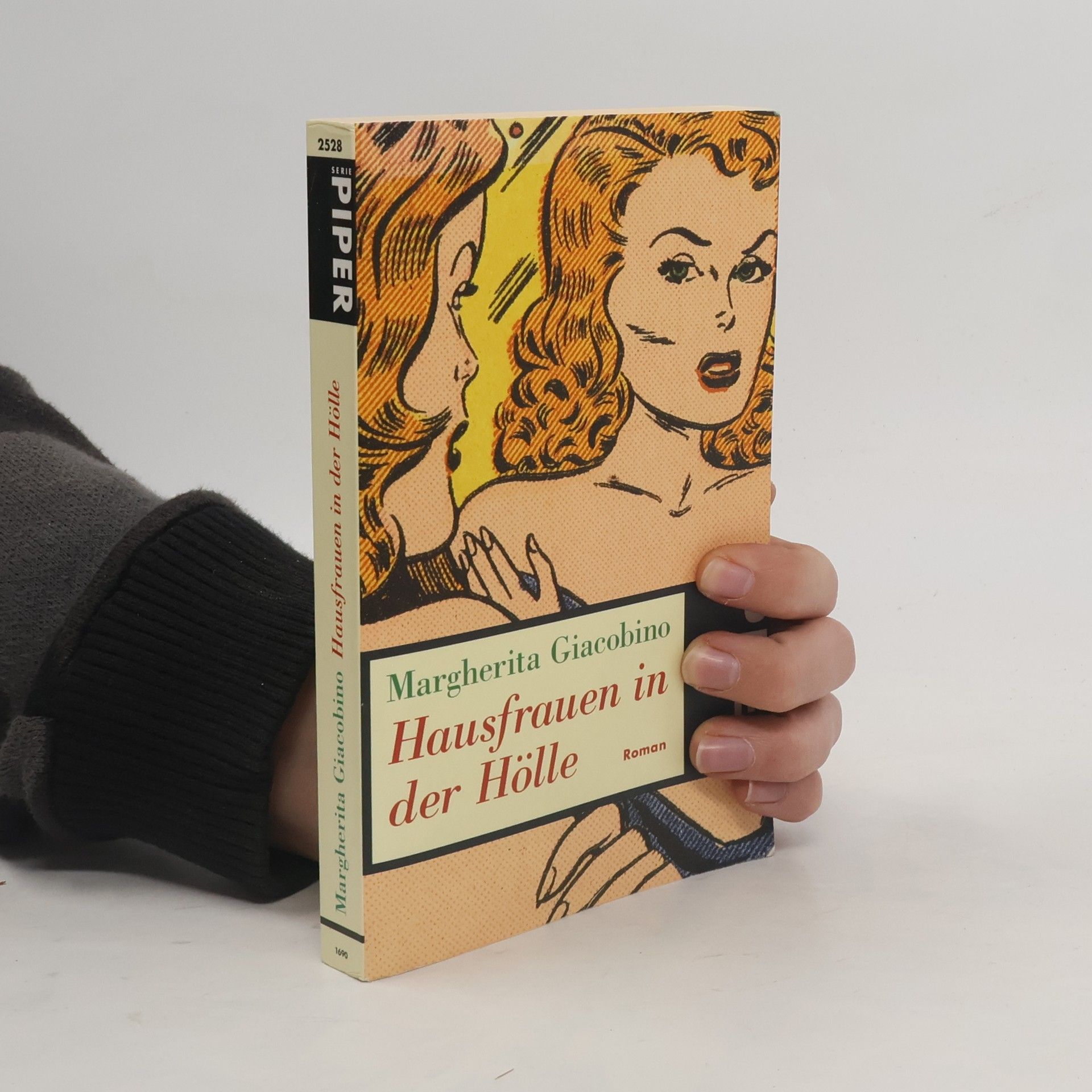The Ridiculous Age
- 336pages
- 12 heures de lecture
While the radio announcer reports new conflicts and atrocities every day and beggars line the pavements outside her comfortable apartment, the old woman struggles to maintain her grip on life. It is a ridiculous age, she tells an acquaintance. Almost everyone she used to know and love is dead. Only her ancient cat and her best friend Malvina are left, and Malvina is rapidly sliding into senility. But the old woman's real and constant grief is the loss of her lover, Nora, ten years ago. In this disintegrating world, her lifeline is an immigrant worker, Gabriela, the home help. But Gabriela is being hounded for money by her dysfunctional family, which includes the self-styled 'terrorist' Dorin. How far can an elderly and cultivated woman, still feisty if increasingly world-weary and prickly, allow herself to be drawn into the affairs of a young woman she does not entirely trust? A brilliant evocation of the challenges of old age, Margherita Giacobino's caustic and funny novel is a tragi-comedy whose unexpected and dramatic conclusion will leave the reader gasping.





